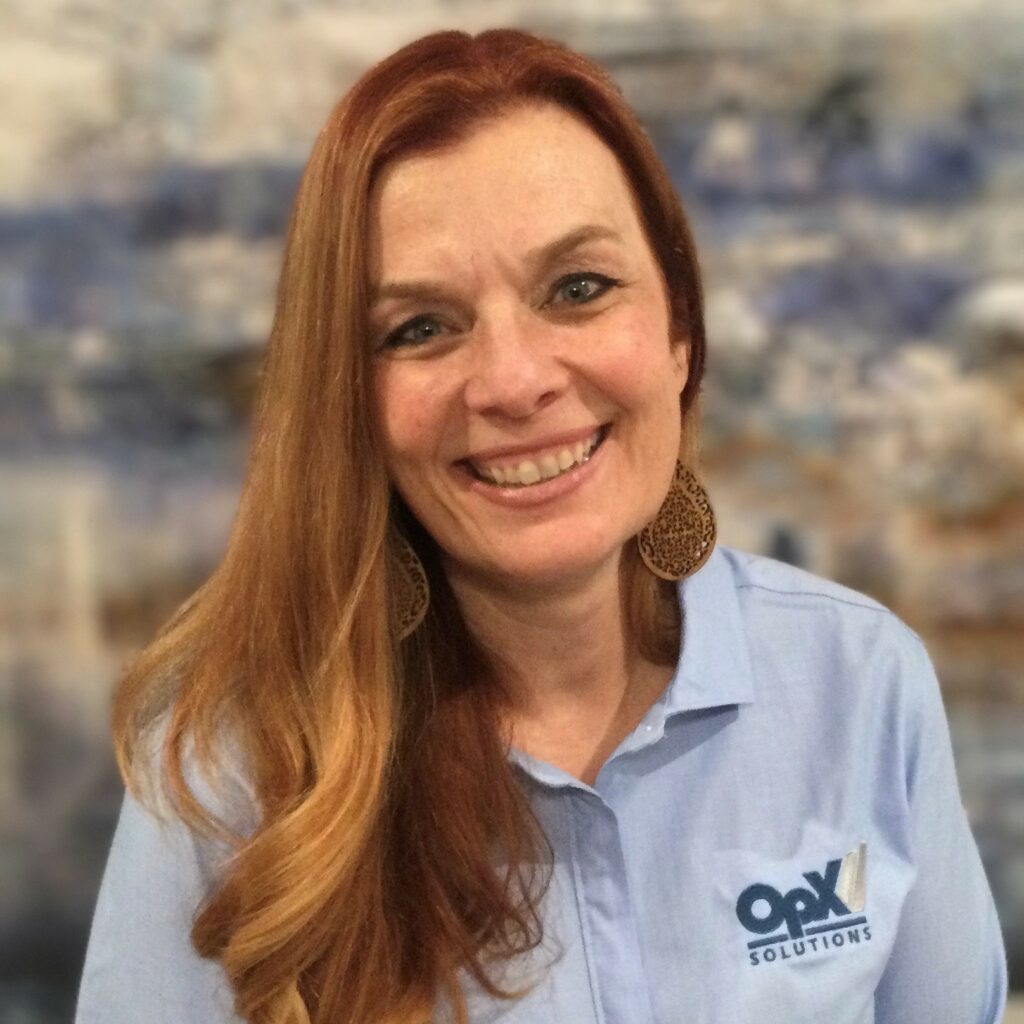
Dir. of Org. Dev.
There are critical skills that successful teams practice regularly as part of their game plan. While most teams know these drills, they still work to improve their effectiveness, speed, and endurance. Here are a couple of the drills (skills) you may want to evaluate for your team:
1. Team Alliance – What value do we add to the organization? How do we agree to function?
This is more than a one-time team building event. This critical discussion ensures agreement and alignment on the team purpose, mission, and value contribution. This conversation can help create a written statement of how the team agrees to work together and the behaviors that will ensure success. This conversation can also include tools like the RACI Model to help prioritize what needs to be communicated and who should be involved in discussions/projects/etc. Be sure to review your Team Alliance agreement frequently and revisit when a new team member joins the team.
2. Psychological Safety – How “safe” do we feel in this team?
There is more than “we have good discussions, and everyone talks”. This refers to the presence in the team during discussions, as well as how the team works together. Some questions to think about regarding psychological safety include:
- Ever held back on giving a colleague honest and critical feedback?
- Avoided mentioning something for fear of “treading on a colleague’s territory”?
- Pretended I understood something I really didn’t?
- Felt pressured into supporting something that didn’t seem right to me?
- People say what they think others want to hear, not what they really think?
A good first step to access the psychological safety in your team is to ask your team the questions above and support them in their honest answers. (For a full Psychological Safety Questionnaire, please reach out to us).
3. Structured Problem-Solving Skills – How does your team view and handle problems?
Most teams will say they are already good problem solvers because that is what they do. But problem solving is bigger than putting a patch on a situation, it is a mindset for continuous improvement. Problem solving involves investing time to solve for: gaps in performance, employee engagement issues, and customer experience misses. There are lots of formats for structured problem solving, and the best ones always involve the steps of defining the exact problem, brainstorming root causes (not just the symptoms), deciding on solution(s) to try, evaluating results, and putting a plan in place to sustain. As you practice this skill, take the time to structure the conversation, stay focused, create tangible action plans, report on results, and document the solutions that worked.
Hopefully, your team is already practicing these drills (skills), and if not, they can start today! If you need coach support with the ideas above, please reach out to us – we are committed to your success!

